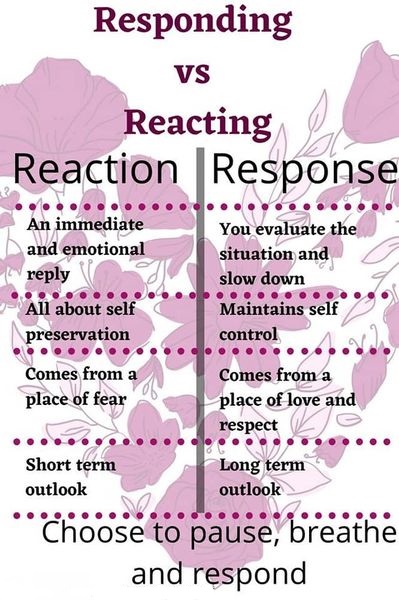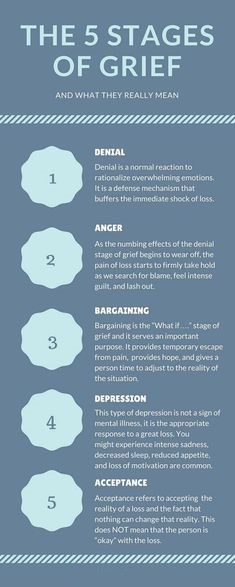Reacting -vs- Responding To Narcissism
A series of articles on Narcissism (Part 11)
By Prof. Rudy L. Miranda
"The cockroach management theory"
"At a restaurant, a cockroach suddenly flew from somewhere and landed on a lady. She started screaming out of fear. With a panic stricken face and trembling voice, she started jumping, with both hands desperately trying to get rid of the cockroach. Her reaction was contagious, as everyone in her group also got panicky. The lady finally managed to push the cockroach away, but it landed on another lady in the group.
Now, it was the turn of the other lady in the group to continue the drama. The waiter rushed forward to their rescue. In the relay of throwing, the cockroach next fell upon the waiter. The waiter stood firm, composed himself and observed the behavior of the cockroach on his shirt. When he was confident enough, he grabbed it with his fingers and threw it out of the restaurant.
Sipping my coffee and watching the amusement, the antenna of my mind picked up a few thoughts, and started wondering; was the cockroach responsible for their histrionic behavior? If so, then why was the waiter not disturbed?
He handled it near to perfection, without any chaos." (ctto)
Now, how do we deal with the narcissistic people? How do we deal with the love bombs, hoovering, silent treatment, gaslighting? How do we deal with our hurts? How do we deal with the psychological, emotional, mental, physical and even financial manipulations of the narcs?
Many times, due to confusion, due to the trauma bond, due to limited knowledge we have about narcissism, we elected to react instead of responding appropriately to this magnetic attachment, ignoring the facts and hoping that the situation will change naturally for the better in due time, thinking love will conquer the abuses and neglect.
Every situation is unique as every individual is unique. Therefore, there is not one general or universal template or solution in dealing with narcissistic relationships. Our reactions will differ in a lot of ways, moreso, in the way we should response to any given situation. We need therefore to analyze our own situation and devise a complete plan in order to response and get away from the toxic relationship and live a happy life making a better version of ourselves. We deserved the best. We are worthy individuals and we should not tolerate the narcs crossing our healthy boundaries, remembering that there is really no medicine for regret afterall.
At some point of the toxic relationship, we may experience grief. Grief is necessary for healing.
"The five stages of grief are:
1.denial
2.anger
3.bargaining
4.depression
5. acceptance
Not everyone will experience all five stages, and you may not go through them in this order."
Grief is different for every person, so you may begin coping with loss in the bargaining stage and find yourself in anger or denial next. You may remain for months in one of the five stages but skip others entirely."(healthline)
The way we react and the way we should response will particularly depend on the stage or stages where we are. It will be to our advantage, when dealing with toxic relationships, to be fully aware of our emotions and the stage(s) where we are. If we are still in the denial stage, no amount of external influences can convinced us to the right thing. We need to accept the facts and face them squarely. Should we or should we not put an end to the toxic relationship? The decision is yours and yours alone to make.
Once the decision has been made, make no effort to react but decisively response in such a way to end the problem. We don't live once. We live daily and we die once. Let us not make our daily lives miserable. Educate yourself both secularly and spiritually. To be forearmed is to be forewarned. Choose to be happy. Choose God.


Comments
Post a Comment